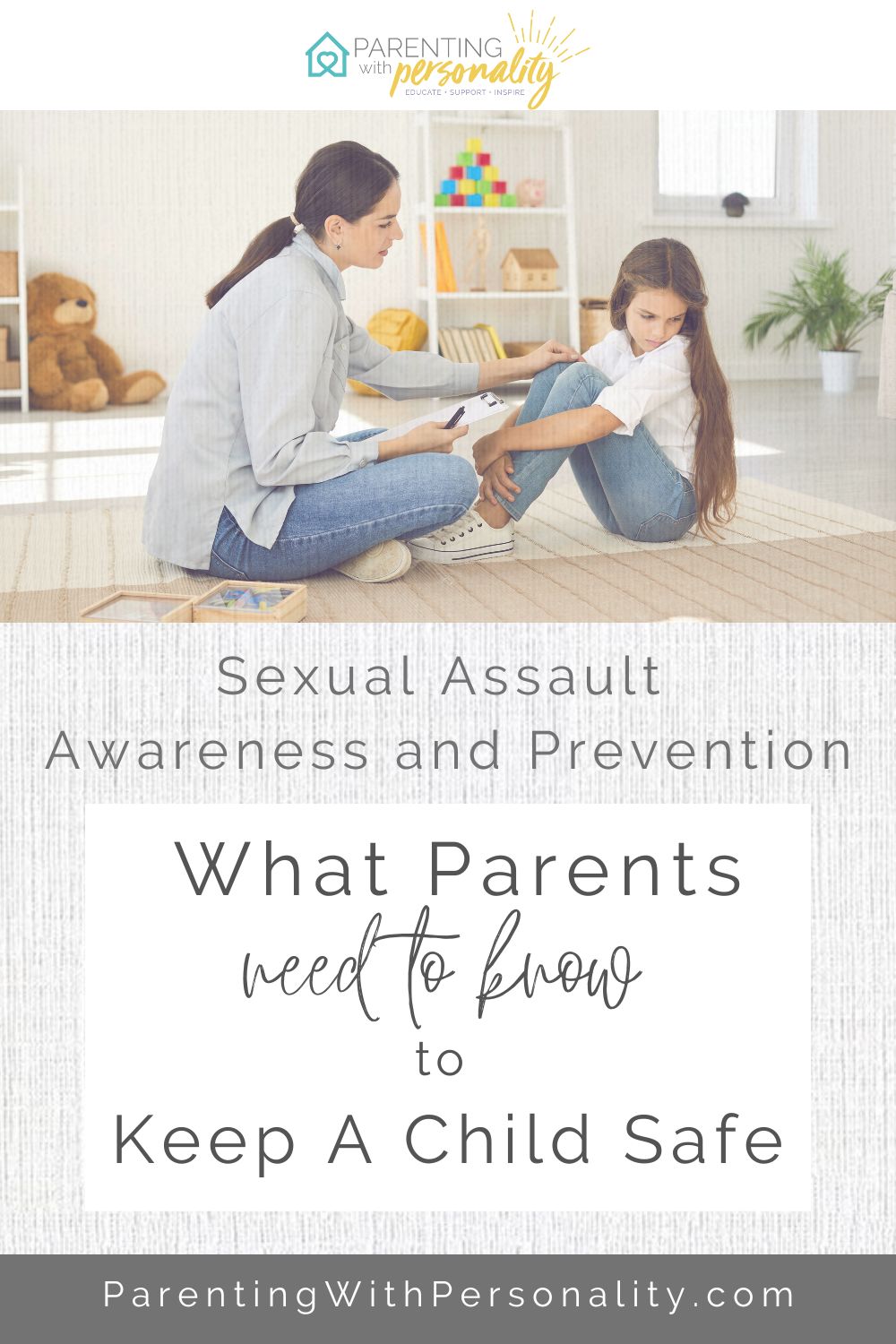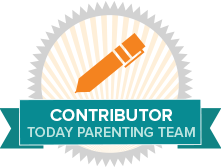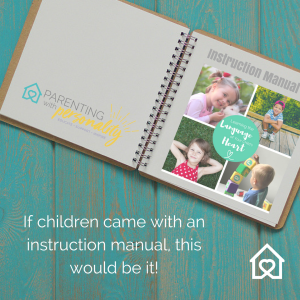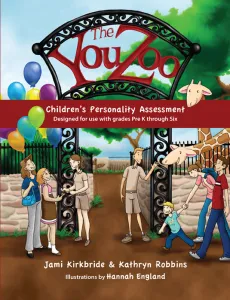
Sexual assault is a growing and serious issue that impacts people of all ages. The effect it can have on victims and their families, can cause serious physical and emotional trauma that may last for years. Learn how you can make a difference in the life of a child and help protect and prevent sexual assault on children. It can happen to anyone, so it’s important to recognize the warning signs and understand how to protect your child. Read on to learn what sexual assault is, the statistics, the role of parents in preventing sexual assault, and how to teach your children about healthy boundaries and consent. As a parent, it’s important to understand and educate yourself about sexual assault prevention as well as teach your children how to protect themselves from potential predators they may encounter.
What is Sexual Assault?
Sexual assault can be identified as any type of unwanted sexual contact, activity, or behavior that happens without the consent of all parties involved. It takes many forms, such as unwanted touching, kissing, groping, rape, molestation, sexual harassment, coercion and more. Sexual assault is a serious crime since it’s effects may result in long-term physical and/or psychological harm on the victim.
It’s important to recognize and help our children understand that any sexual activity without consent is not acceptable and can never be justified or excused. Parents need to understand the definition of sexual assault so they can recognize when it occurs and know what appropriate action they can take.

Sexual Assault Statistics
Sexual assault is unfortunately, more common than many people might even realize. Child sexual assault is a particularly alarming and devastating form of sexual assault that affects children under the age of 18. According to statistics from the National Sexual Violence Resource Center,
- One in four girls will experience sexual abuse before they turn 18
- One in six boys will experience sexual abuse before they turn 18
Additionally, and sadly, it is estimated that 90% of children who are victims of sexual abuse know their abuser, who is often a family member, family friend, or someone else that they know and trust.
It’s important to note that child sexual assault is generally underreported, so the actual number of people affected by this is probably significantly higher than the statistics even reveal. It’s essential for parents to take time to educate themselves and their children about sexual abuse prevention in order to reduce the risk of victimization. These startling statistics reflect why it’s important to educate our children about sexual assault prevention and how to empower them in protecting themselves.

The Role of Parents in Preventing Sexual Assault
Parents are one of earliest and most crucial roles in teaching a child about body awareness, personal space, modesty, protecting their private areas, and how to protect their overall well-being. Many of the habits and behaviors we practice or enforce at home will be part of what helps them establish what may or may not feel appropriate, what may or may not be comfortable, ways that we can protect ourselves, and how we communicate with appropriate adults to increase our safety. While there is no guarantee for protecting your child, you can play a key role in educating your child so that they are better equipped and empowered to protect themselves, speak up should there be anything uncomfortable, and help create situations where their safety and wellness are more likely to be respected.
Helping children learn simple habits for protecting their body, privacy, and space with their own siblings, family, and friends can help those skills be built with confidence and readily available (and more comfortable) should the need arise to keep a stronger boundary in a situation when you are not present or available. Knowing the boundaries you enforce may help them hold those same boundaries for their well-being and protection. Parents are typically the first party a child will practice such boundaries with, so acknowledging and showing them what that respect looks like builds their ability to trust their guts, communicate a need, and see the appropriate way an adult should respond.
Parents are in a position to play a crucial role in preventing sexual assault upon children. By teaching young children about healthy relationships, appropriate boundaries, and understanding consent, parents are in a better position to help prevent their child from becoming victims of sexual violence. Parents should also be aware of the warning signs of sexual assault so they can take appropriate action if they suspect their child may be a victim.

Teaching Children about Boundaries, Privacy, and Consent
One of the most important ways parents can help prevent sexual assault is by teaching children about safe and appropriate boundaries and consent. Children need to both feel and know that they have the right to say “no” to any unwanted physical contact or interaction, even such physical contact as hugs or sitting on laps. They also need to realize and be reassured that it’s never their fault if someone violates their boundaries. Some of the ways parents can teach a child about boundaries and consent is through age-appropriate conversations, books, and activities. The following are examples:
- A very young child could be taught that any part of their body that is covered by a swimsuit is private and off limits to other people
- A young child could learn about personal space and saying no to hugs or kisses they don’t want
- An older child could learn about what consent in a romantic relationship might look like and sound like
One of the best ways we teach this is in modeling respect for when a child does or does not want to show physical affection. Making a child hug, kiss, snuggle, or even sit on our laps can truly set them up for learning if they can speak up about what they do or don’t want and whether adults have to listen or respect their comfort or discomfort. Oftentimes, this gets confusing when it might be an aunt, uncle, grandparent, etc. that might feel offended if we don’t ask our child to simply respond. While these may feel like “safe” people in our minds, it is extremely important that we acknowledge and allow our children to exercise the boundaries that they are comfortable with and respect those things they are uncomfortable with allowing or taking part in.
It can also be effective to role play situations where your child feels someone is in their space or asking for a hug, close proximity, or interaction that they are not comfortable with. They need to know how they might speak up to communicate that they don’t like or want something to happen. Some personalities will have less trouble speaking up and being bold, while other personality children will struggle to show their discomfort, speak up about it, or show any level of confidence in doing so. Practicing this together with a child helps the unfamiliar become more familiar, so that if they find themselves in such a situation, it won’t take them so off guard. In this way they might feel slightly prepared and ready with how they will speak up and take action.
Need an easy-to-use resource? The Swimsuit Lesson is a powerful family resource to help you introduce body awareness and protection. This book is an easy but effective way to talk through a topic that may feel difficult in a very comfortable and natural way. This book is available on Amazon. I highly recommend this book and have used it with our own children.

Warning Signs of Sexual Assault
Parents need to be aware of the warning signs of sexual assault in children. Some of these may include the following:
- changes in usual behavior
- difference in mood or aggression
- altering physical appearance
- changes in eating and sleeping patterns
- regression of skills they had previously mastered
- becoming withdrawn
- appear anxious or depressed
- body sensitivities
- exhibiting signs of trauma
- sudden unexplained fear of person or place
- experiencing nightmares or flashbacks
If you suspect that your child has been a victim of sexual assault, it’s important to seek professional help as soon as possible. Having them evaluated by a medical doctor and getting them into therapy can both be useful if you feel that something may have happened. Don’t underestimate how even a non-verbal child may be able to play out things in play therapy that they might not have the words to articulate or explain.

Sexual Assault Prevention Strategies
In addition to teaching children about boundaries and consent and recognizing warning signs, there are a few other things parents can do to take steps in preventing sexual assault. These include:
Monitor technology use. It’s scary, but realistic that sexual predators often use social media and other online platforms in their attempt to target children. Monitoring your child’s technology use and setting specific rules for any limited and allowable online interactions, helps you reduce their risk of online exploitation.
Set rules for offline interactions. Families should also develop rules for a child’s interactions with people offline. For example, children should know that they should never go to a stranger’s house, accept gifts, or accept rides from people they don’t know. They also need to know to protect their personal and identifying information, such as name, address, phone, or identifying features that a stranger might use to pretend to know them better and appear “safe” by knowing that information.
Teach children how to respond to inappropriate behavior. Children should know what to do if someone violates their boundaries or makes them uncomfortable. Parents can teach children to say no firmly, to get away from the situation as quickly as possible, and to tell a trusted adult what happened. As mentioned above, using tools such as books, shows, activities, or even role-playing situations can provide opportunities to teach children what to do or not do, say or not say, allow or not allow. Use those teaching moments and do it confidently.
Practice good boundaries, respect for bodies and privacy, and responding appropriately when others say no. Families should put good boundaries, privacy, and personal space to work in their own home. Showing respect for each other’s body and privacy will help that comfort level become expected and enforced. And teaching our children to respond even to siblings that ask them to stop certain behaviors are all a part of teaching children the baseline of respect and appropriate response.
Nurture a relationship with your child where you can talk about tough things. Keeping a strong connected relationship, with good communication, goes a long way in helping your child learn to trust you, communicate with you, and feel your support and acceptance. It’s crucial to build in our children the kind of connection that helps them know, feel, and understand that we will always believe them, protect them, and help them. We want them to be comfortable and confident that we can work through anything…and even the tough and uncomfortable things.

Article at a Glance–
- Sexual assault is any type of unwanted sexual contact, activity, or behavior that happens without the consent of all parties involved.
- According to statistics from the National Sexual Violence Resource Center, one in four girls and one in six boys will experience sexual abuse before they turn 18 years of age.
- Parents can play a key role in educating their children about sexual assault prevention and empowering them in protecting themselves.
- Teaching children about safe and appropriate boundaries and consent is one of the most important ways parents can help prevent sexual assault.
- Children need to know that they have the right to say “no” to any unwanted physical contact or interaction, even physical contact such as hugs or sitting on laps.
- Parents should also be aware of the warning signs of sexual assault so they can take appropriate action if they suspect their child may be a victim.
Sexual assault is a prevalent and devastating issue that affects people of all ages. As a parent, it’s crucial to have open and honest conversations with your children about sexual assault, consent, and healthy relationships. Encourage your child to speak up if they should ever feel uncomfortable, and assure them that you’ll always there to support them and help them.
“Prevention starts with education, awareness, and open communication. It’s essential for parents, caregivers, and educators to have ongoing conversations with children about body safety, boundaries, and consent.”
– Mona Delahooke
Additionally, consider taking steps to reduce your child’s risk of victimization, such as educating yourself on warning signs, possible predator grooming behaviors or attempts, and understanding your child’s school or organization about their policies on preventing and responding to sexual assault. By actively working to prevent this, you can make a difference in the life of a child to create a safer and more supportive environment for children to grow and thrive in and ultimately reduce the risk of victimization.
If you enjoy this article, you may also enjoy another one written about making a difference in the life of a child and the Month of The Young Child and Child Abuse Prevention. In this article you can find a helpful list of 50 Things Every Child Needs to Hear! Check it out now!
Be sure to connect in the Parenting With Personality Online Facebook Support Group. I enjoy interacting with parents, answering questions, and offering more tips and tools for connecting with your child and managing issues you face in this challenging journey. Hope to see you there!
XX













